State of New Jersey Failed to Address Deficiencies in $96 Million Workers’ Compensation Program
Workers' Compensation
JULY 14, 2023
A report released today by the Office of the State Comptroller (OSC) finds that the agency that manages workers’ compensation claims filed by state employees failed to remedy deficiencies identified three years ago. As a result, the State faces a greater risk of preventable workplace injuries, spurious claims, and wasted tax dollars.

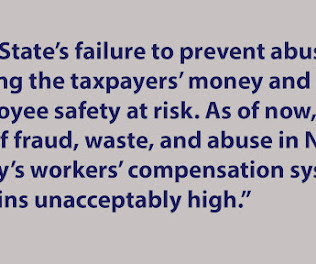

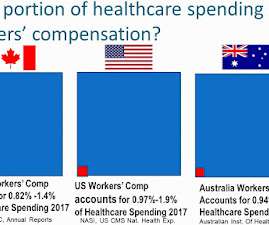
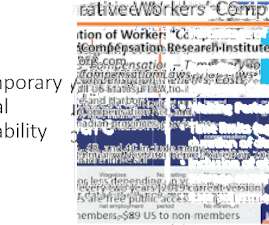
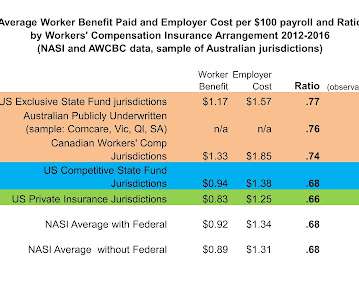
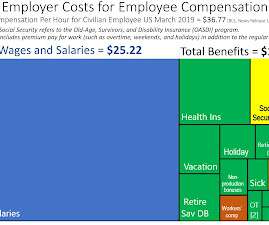

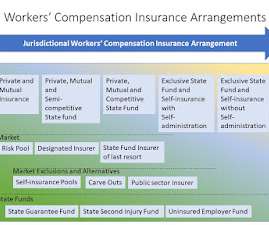






Let's personalize your content